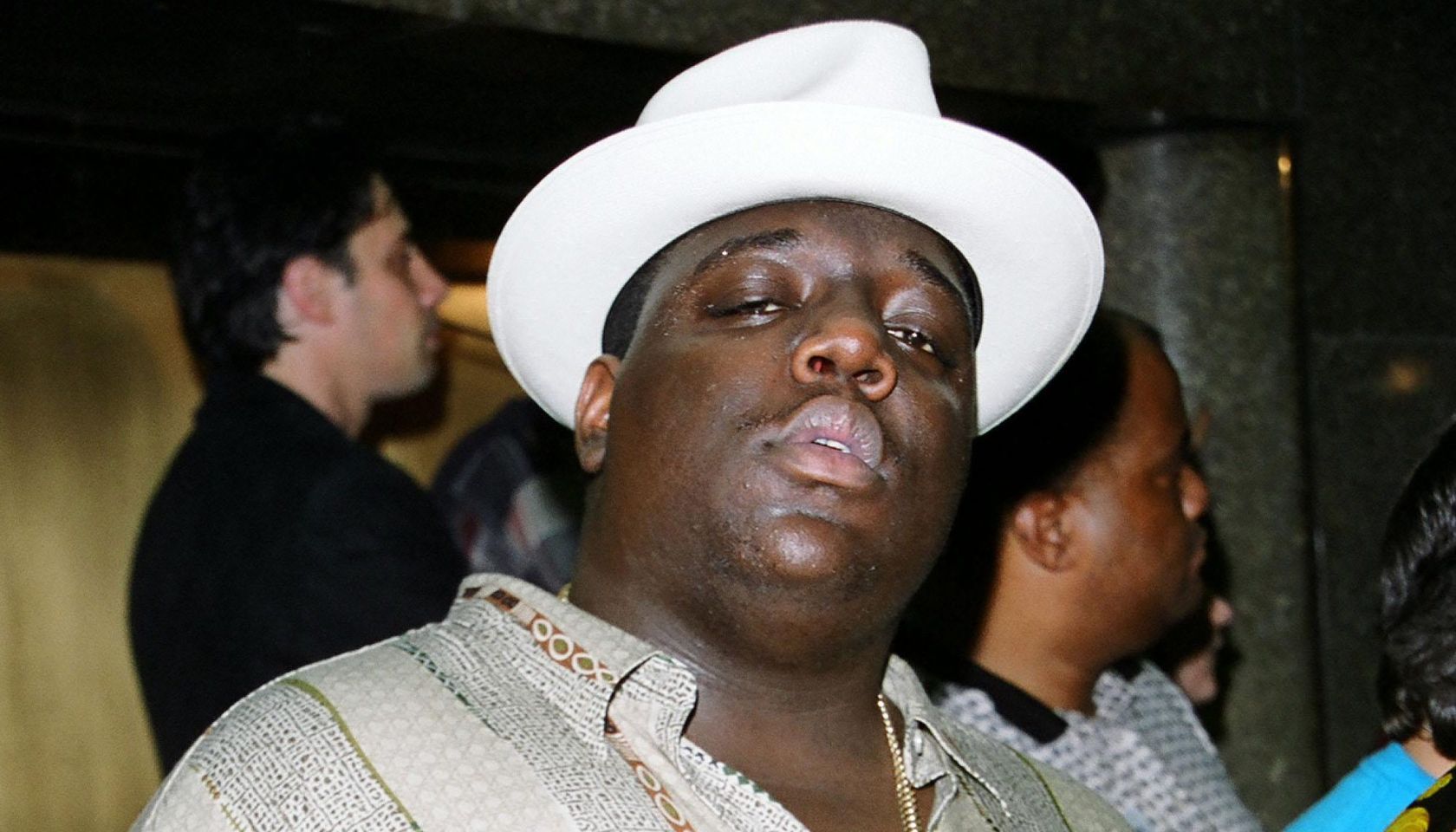Multi-County Investigation Target Smoke Shops For Illegal THC
Multi-County Investigation Target Smoke Shops For Illegal THC Sales

A multi-county investigation across several states has accused a number of smoke shops and vape stores of openly selling marijuana and illegal THC products without licenses. Law enforcement agencies say these businesses are exploiting loopholes in hemp laws to sell high-potency products that should only be available through regulated dispensaries.
In Connecticut, police in Danbury recently discovered more than 42 pounds of illegal THC items at several vape and smoke shops. Officers found marijuana flower, edibles, oils, and concentrates being sold openly to customers. Some stores were even advertising cannabis products inside their shops, despite lacking proper permits. Similar operations in Pennsylvania and California have uncovered untested, mislabeled, and contaminated items, including products with dangerously high THC levels and traces of mold or pesticides.
Officials say the confusion stems from the 2018 Farm Bill, which legalized hemp products containing less than 0.3% THC. However, many businesses have stretched this law to sell potent synthetic or “hemp-derived” THC, such as Delta-8 and Delta-9 variants, which can still cause intoxication. These products are often marketed as legal alternatives to marijuana, even though they are illegal in most cases.
Authorities warn that unlicensed THC products pose serious health and safety risks. Because they are not tested under state regulations, consumers cannot be sure what chemicals or ingredients they contain. Another concern is accessibility — investigators found that some shops were selling these products to minors without checking identification.
In response, state and local officials are cracking down on unlicensed stores and considering new zoning restrictions to limit where smoke shops can operate. Enforcement agencies say their goal is not only to uphold licensing laws but also to protect consumers and prevent illegal operators from undermining the regulated cannabis market.











